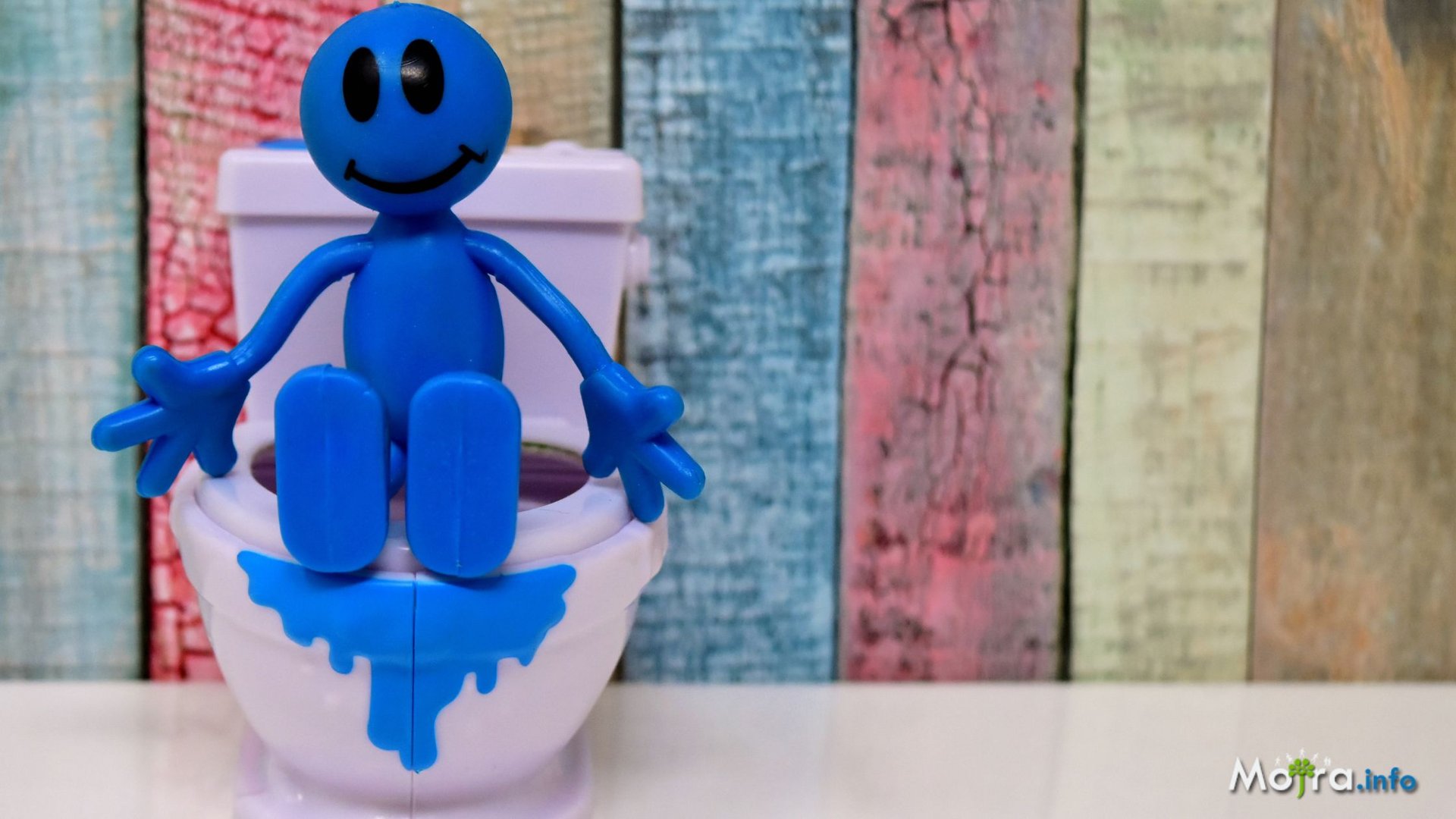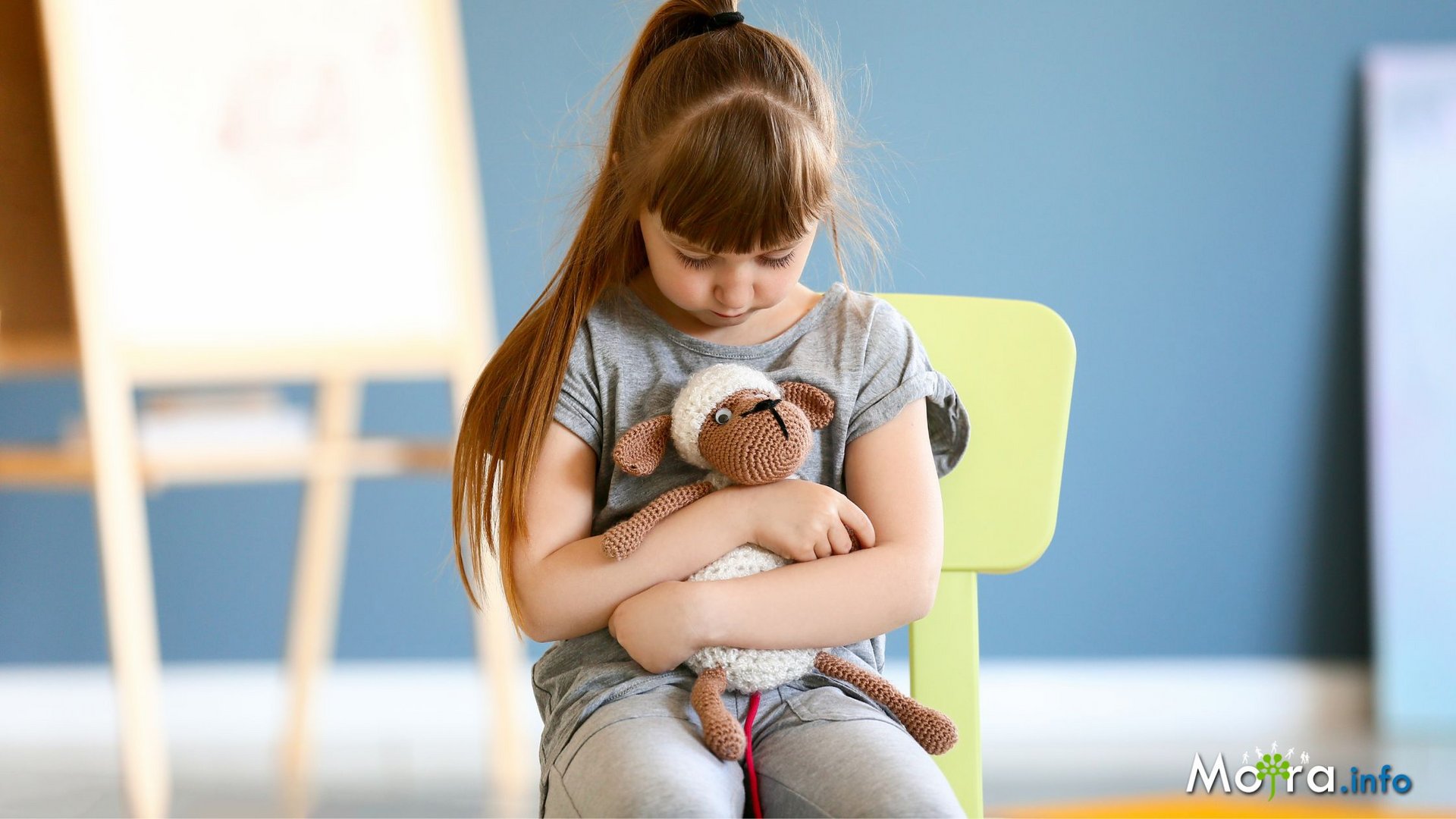Parents are increasingly
dealing with children's issues related to withholding bowel movements. This
doesn't only apply to the transition from diapers to the potty but also to
older children who have already passed that stage. A child can urinate without
any problems, but when it comes to pooping, they hold it until it becomes
really urgent. Sometimes this can take a few hours, and at other times, even
several days. Parents try to address the situation with both positive and
negative approaches. They make promises and threats. They visit a pediatrician
with their child for further examinations. Out of desperation, they resort to
suppositories and laxatives. The result is that the child may have a bowel
movement, but it's often accompanied by hysterical crying and further attempts
to withhold it. How can one break free from this vicious cycle?
Why doesn't the child want to poop?
There can be several
reasons. Most commonly, a negative experience related to bowel movements is to
blame, whether it's discomfort while using the toilet or pain associated with
hard stools and constipation. Some children delay pooping because they want to
continue playing, they don't want to leave the group, or they're afraid that if
they leave the group of children, they won't be able to come back. Some
children may also refuse to go out of defiance and want to assert themselves
against parental instructions.
How to encourage a child to poop?
Encouraging a child to
fulfill this need is a very delicate process that requires a lot of patience
and understanding. Here are some tips
from a psychologist that can help you with this:
Prevention is key.
It's essential to ensure an adequate intake of fluids and fiber. Add prunes,
apricots, cherries, yogurt, kefir, acidophilus milk, or sauerkraut to their
diet. Conversely, avoid chocolate and various other sweets.
Create a safe and positive environment. The child should feel safe even in the bathroom. The
toilet should be a place where they have peace, with no interruptions, and they
can spend as much time as they need. Keep the toilet clean, ventilated, and you
can let the child bring their favorite stuffed animal, which will watch over
and protect them. You can also try a magazine or a picture book - it can keep
the child's mind occupied, and their body can relax. If you're on the go,
consider bringing their own potty or a small seat.
Establish a regular routine. Create a regular time for toilet visits, such as after
waking up, after meals, before play, or before bedtime. The child should have a
clear schedule.
Praise the child for every successful attempt on the
toilet. You can use rewards like
praise, small gifts, or other positive reinforcement.
Modeling.
Show the child how to do it by talking to them and demonstrating how to use the
toilet. You can involve older siblings to show the child how it works.
Give the child a sense of control over the process. Let them decide when they want to go to the toilet,
where they want to place their potty, what they want to bring with them, and so
on.
Don't make bowel movements a stressful matter. Avoid using punishments for failure, yelling at the
child, or making threats. All of this can only increase the child's feelings of
fear and anxiety.
Consult with a professional. If the child refuses to use the toilet, and you have
concerns about their health, consult with a pediatrician or child psychologist.
They can provide you with further advice and help identify any potential
issues.
Remember that every child
develops differently, and some may need more time than others. It's important
to be patient and support the child throughout the entire process.




























Enter your comment.